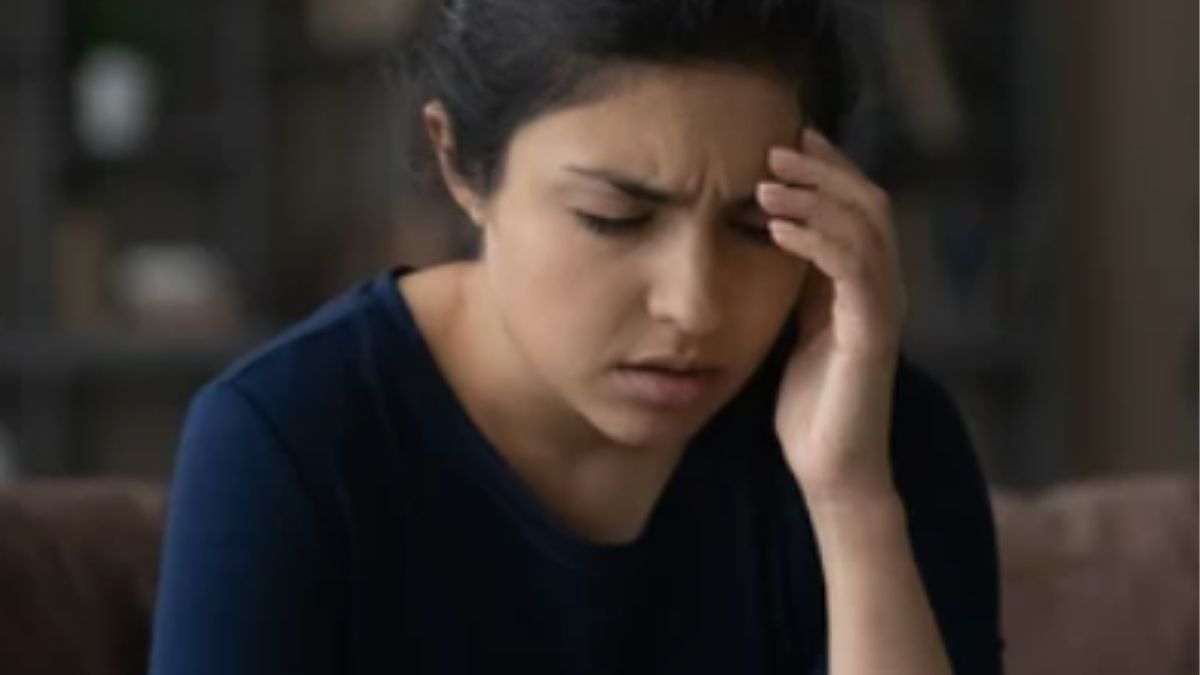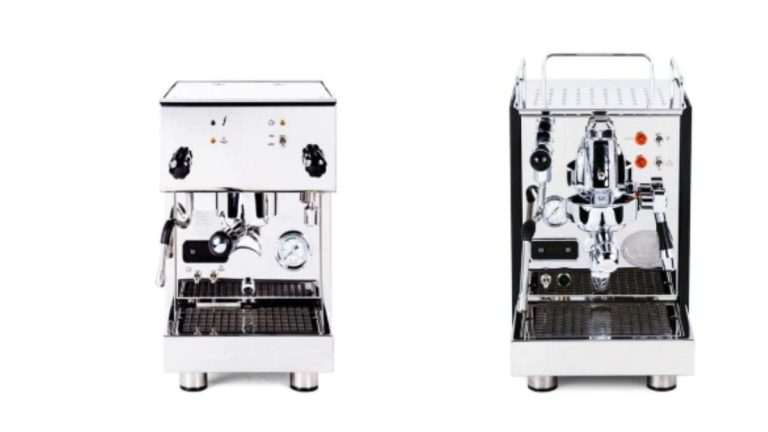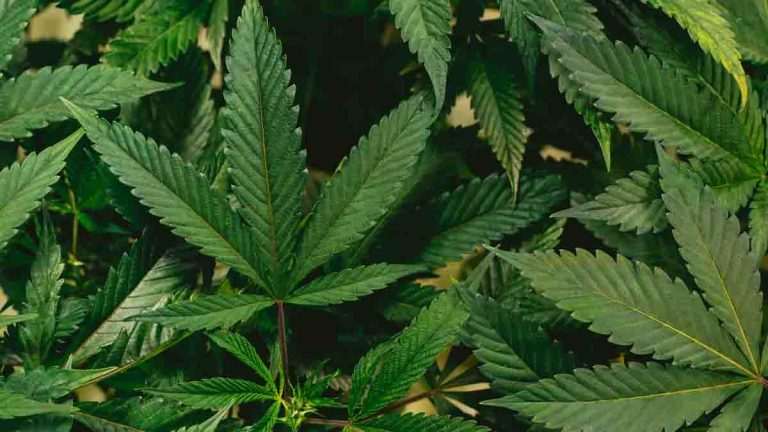Why Does Coffee Make Me Dizzy?
Coffee is a very popular drink, but why does coffee make me dizzy? Coffee contains caffeine and people love to drink it every day. The global market for coffee has been steadily growing. But what are the potential effects of drinking too much coffee? This article discusses why does coffee makes me dizzy and the potential side effects of excessive caffeine consumption.
Coffee has about three times as much caffeine as soda. Caffeine makes you lose your salt, which makes you lose your water balance. As a result, you get dizzy from lack of balance in your bloodstream.
Over time, this could lead to serious health problems if your diet isn’t properly balanced.
When you drink coffee, it hits your bloodstream immediately and starts to work its magic. Coffee has a lot of caffeine in it and this is what makes you feel awake. Your body is trying to process the sudden burst of caffeine into your system and that causes your heart to pump faster and your blood pressure to rise just a bit.
The effects of caffeine can last anywhere from 4-6 hours, depending on how much you drank in one sitting. If you’re prone to feeling dizzy or get headaches after drinking coffee, it’s possible that you’re experiencing withdrawal effects from having so much caffeine in your system all at once.
Coffee isn’t for everyone and that’s okay! Lots of people have trouble with the side effects of drinking too much coffee. The best thing to do is to cut down slowly. Start by making your morning cup half decaf/half regular if you normally drink caffeinated coffee, then switch over completely after a week or two if you think you can handle it.
Keep track of how much caffeine you drink each day. Caffeine is found in coffee, tea, soda, and many other popular beverages. Be aware of how much you’re actually consuming in a day.
Avoid drinking caffeinated beverages on an empty stomach. Eating food helps slow down absorption. – Don’t consume caffeine after 3 p.m.- Drink decaffeinated beverages if you’re pregnant or trying to get pregnant. – Drink water with your caffeinated beverages. Water can help reduce stomach problems that come with overconsumption of caffeine.
Some people find that caffeine makes them feel more energetic and alert, while others notice they get anxious or jittery when they drink coffee or other caffeinated beverages. This is because caffeine affects different people differently. Some people have an enzyme deficiency that prevents them from processing caffeine normally, so they’re very sensitive to small doses.
For these people, drinking too much coffee can be dangerous — there have been several reported deaths from drinking too much caffeine.
Is the caffeine making you dizzy?
Table of Contents
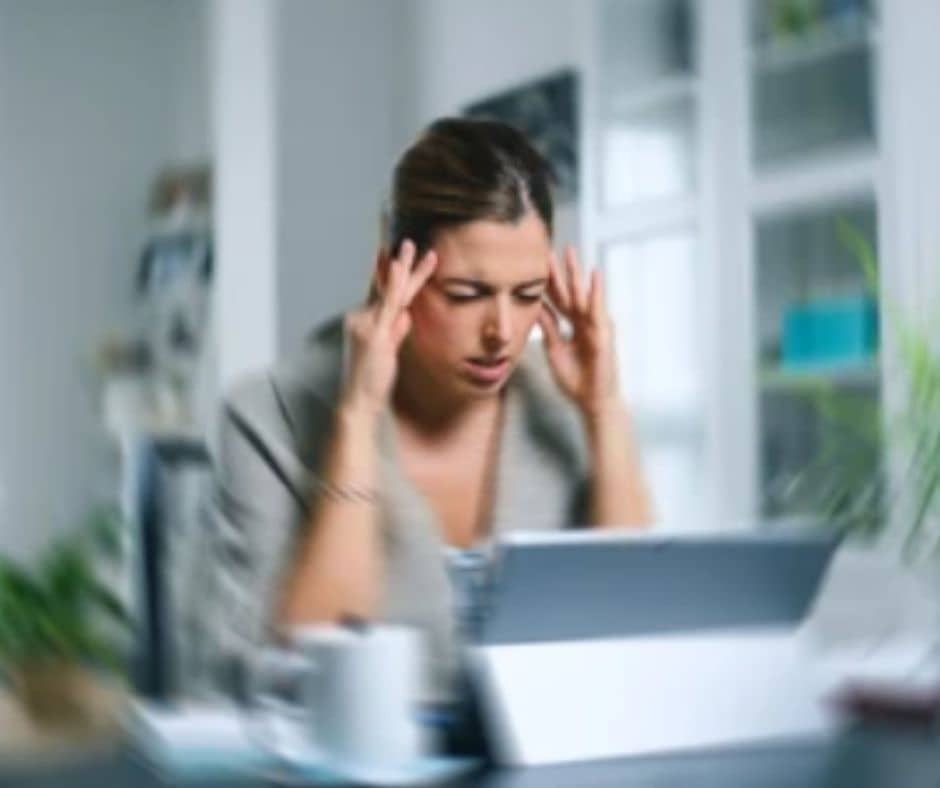
A couple of cups of coffee may help you stay alert, but too much caffeine can make you dizzy. Coffee is the most commonly consumed stimulant in the world, with about 80 percent of adults in the U.S. reporting that they drink it regularly. Caffeine occurs naturally in coffee beans, tea leaves, and cocoa pods, and it is added to a variety of products, including soft drinks and over-the-counter medications.
Tolerance to caffeine varies among people, but consuming too much can cause adverse effects. Caffeine toxicity can lead to sleep disturbance, a rapid or irregular heartbeat, and even cardiac arrest in extreme cases.
How much caffeine is in your favorite caffeinated beverages?
Coffee: An average 8-ounce cup of brewed coffee contains between 100 to 150 milligrams of caffeine. In addition, espresso has 75 to 150 milligrams per 1-ounce shot.
Brewed coffee will typically have more caffeine than instant coffee because of the extra water added during brewing. A 16-ounce latte from Starbucks can contain anywhere from 100 to 300 milligrams of caffeine depending on the type of coffee used, according to the Mayo Clinic. Decaffeinated coffee still contains some caffeine — about 5 milligrams.
For some people, it’s perfectly fine to drink those beverages all day long. But if you’re sensitive to caffeine, your body may react with lightheadedness, anxiety, or even nausea.
The caffeine in coffee, tea, and soda activates a neurotransmitter called adenosine in your brain. Adenosine makes you feel tired. Caffeine sticks to the same receptors that adenosine uses, blocking it from making you sleepy. However, if your body produces too much adenosine or you have too few caffeine receptors, the drug doesn’t work.
All these factors — genetic differences in the way our bodies process caffeine and the amount of caffeine we consume — can make some people more susceptible to feeling sick from caffeine than others.
All that said, most adults can safely consume up to 400 milligrams of caffeine per day — about two cups of coffee or four cans of soda.
How do I stop feeling dizzy after drinking coffee?
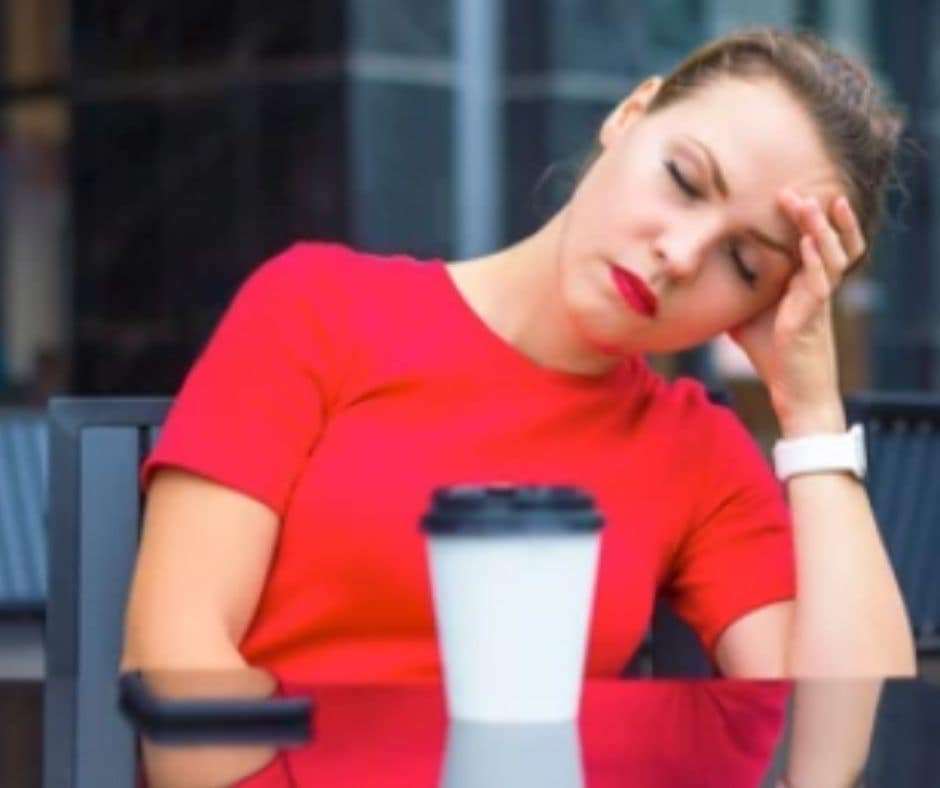
The biggest problem with dizziness after drinking coffee is the caffeine content. Caffeine is a stimulant that increases the rate of your heartbeat and blood pressure. When it wears off, your heart rate and blood pressure will drop suddenly. If you’re lying down at that moment, you could feel dizzy.
Here’s how to avoid feeling dizzy after drinking coffee:
Drink water. Water should be the main component in any cup of coffee (excluding espresso) because it can help ease the negative effects of caffeine on your body. Add sugar or milk as necessary for your tastes, but keep water as part of your morning pick-me-up routine so that your body has something besides caffeine to balance out its levels throughout the day.
Treating dizziness after drinking coffee requires first understanding why it happens. Coffee affects your body by increasing blood pressure and heart rate, among other things. That increased blood pressure is what causes the dizzy feeling. Sometimes, Cutting back on coffee is a great way to stop feeling dizzy, but if you need to keep consuming coffee daily, there are ways to minimize the effects.
Can drinking coffee cause dizziness?

Can drinking coffee cause dizziness? The answer is yes, but it’s a rare occurrence and it’s usually caused by the way you drink your coffee or the type of coffee you drink.
- Trouble with Balance
You might feel a bit woozy after drinking coffee if you’re not used to it. Some people experience “coffee intoxication” which can make people feel euphoric, anxious, and jittery. Coffee intoxication is most common in people who drink large amounts of coffee over a short period of time. Others have reported feeling lightheaded, faint, or even having hallucinations after drinking coffee. It’s unclear what causes this reaction.
- Caffeine and Blood Sugar
Coffee contains caffeine which is a stimulant that speeds up the heart and breathing rates. Drinking too much coffee can raise blood pressure, making you lightheaded or faint. It’s possible that if you’re susceptible to low blood pressure, this reaction could be stronger than usual if you drink a lot of coffee in a short amount of time. This can cause dizziness and fainting spells as well as nausea, muscle tremors, and headaches.
If you get these symptoms from drinking coffee, don’t drink anymore until they go away. To prevent them from happening again, drink small portions if at all.
Also, Tall or venti size coffees from Starbucks can contain up to 500mg of caffeine, which is about the same amount as some energy drinks. The effects of caffeine vary from person to person. Some people feel the effects immediately, others take 2-3 hours to feel it. Caffeine is a drug that affects your body by blocking adenosine receptors in the brain. This causes increased activity in the central nervous system and results in feelings of alertness and wakefulness. However, it also increases blood pressure and heart rate. Increased blood pressure results in the feeling of dizziness or lightheadedness.
Why do I feel nauseous and dizzy after drinking coffee?
I’ve often been asked if the feeling of nausea, dizziness, and fatigue is normal after a couple of cups of coffee. We know that caffeine is a natural stimulant and increases our heart rate and blood pressure for about 30 or 45 minutes (less than an hour) after we consume it. It is a great wake-up medicine and boosts our brains so we can think more clearly. Problem is, too much caffeine should make us feel nauseous as well as dizzy, and very tired.
Dizziness happens because coffee stimulates the nervous system of your body. This causes more blood to flow inside your brain, which makes you feel stimulated. But the heart has its own job of pumping blood around the body so when there is a lot of blood flowing in other parts of the body it affects the heart. There are various conditions that make you feel dizzy after drinking coffee.
If you’ve ever complained about feeling nauseous and dizzy after drinking coffee, then you’re not alone. Because I’ve been having the same problem for years.
Trying to figure out why was a bit of a mystery for me until I started doing some research about it. I found many similar complaints from people on different discussion boards, so it’s not just me. Many people are asking the same question: Why do I feel nauseous and dizzy after drinking coffee?
As it turns out, there are a few common reasons why that happens, but the most likely reason is from drinking coffee on an empty stomach. Coffee stimulates your nervous system, which can cause you to feel dizzy and queasy if your stomach isn’t full.
When you eat food, it provides some sort of cushion or buffer between your stomach and your coffee. If you drink too much coffee without eating anything else first, you can experience mild to severe queasiness as a result.
Can caffeine make your head feel weird?
Coffee can make your head feel weird because of its caffeine content. When you drink coffee, you get an initial burst of energy, but then the caffeine keeps stimulating your mind for up to 12 hours, says Janice Kiecolt-Glaser, PhD, director of the Institute for Behavioral Medicine Research at The Ohio State University Wexner Medical Center.
How does caffeine do this? It blocks adenosine receptors in the brain that normally slow down cell activity, causing neurons to fire faster than normal and increasing certain chemicals that are associated with feelings of alertness.
Caffeine can be a lifesaver when you’re tired and dragging, but it can also have some weird side effects. Caffeine is most commonly associated with making you feel alert and energetic — think coffee in the morning or an afternoon pick-me-up cup of tea. But it can also cause some strange physical sensations. If you’ve ever experienced any of these symptoms after drinking caffeine, you aren’t alone.
Some people experience tingling and numbness around their mouths after drinking caffeinated beverages. This is sometimes described as a “pins and needles” sensation, though it’s very distinct from the feeling associated with that phrase. These feelings are most likely to occur in your lips or inside your cheeks and don’t always happen; if they do, however, they often appear within 15 minutes of having caffeine.
Why do I feel drunk after caffeine?
If you have ever wondered, why do we feel drunk after caffeine, you’re definitely not alone. Many people actually say they feel ‘more drunk’ on caffeine than alcohol! This is due to a few different things. Caffeine ingestion often causes the release of glucose from the liver. Glucose and alcohol are chemically similar, which means that your body treats them very similarly. Caffeine interacts with the adenosine receptors in your brain and reduces the effects of alcohol in two ways.
I’ve been drinking coffee for years, but last year I noticed something strange. The first time it happened, I was sitting in a coffee shop, working on my laptop. I’d ordered a medium hot chocolate and added extra whipped cream and marshmallows. While I was typing, the cup knocked over and spilled on my sleeve. It wasn’t a big deal — hot chocolate is watery enough that it doesn’t make much of a mess if you leave it for a few minutes — but when the barista brought me a replacement drink without comment, I knew something was up.
I felt sort of drunk. Not obviously drunk, not like I’d had too much to drink the night before, but giddy and lightheaded in an unpleasantly intense way. It wasn’t just that: My hands were shaking so badly that I had to put down my laptop and leave the coffee shop because it was making me feel ill.
There’s really nothing you can do about feeling drunk after a cup of coffee, but there are some things you can try to make yourself feel better. If you’re jittery from too much caffeine, try some sugar and carbs, as they tend to counteract the effects of stimulants.
Can you suddenly develop a caffeine intolerance?
Not really, because most of us never build the tolerance to caffeine that we need. I have personally never been able to drink more than one cup of coffee per day (unless I’m having a very bad week), and I wondered if that was normal. But in actuality, my situation is quite different from someone who develops a caffeine intolerance.
Tolerance vs. allergy
There is a difference between developing tolerance and developing a caffeine allergy, and it comes down to your immune system. In general, you develop a tolerance to something when your body adjusts to its presence of it and it becomes less effective at providing the desired effect over time. This occurs with most medications, including painkillers and antibiotics, as well as alcohol and caffeine.
When an allergy develops, though, there are two types: immediate hypersensitivity and delayed hypersensitivity. With immediate hypersensitivity, your immune system reacts immediately upon contact with whatever you’re allergic to—for example, if you’re stung by an insect or touch poison ivy. With delayed hypersensitivity reactions (also called cell-mediated reactions), you don’t show symptoms for hours or days after exposure; this type is also known as delayed-hypersensitivity reactions.
Also, tolerance and sensitivity to caffeine do not happen overnight. It takes time for your body to build up a tolerance to caffeine, which causes the need for higher amounts of caffeine in order to achieve the desired effect. This means that it takes some time before someone can no longer tolerate it at all.
So, when you try your first cup of coffee and it makes you feel ill, this does not mean that there is something seriously wrong with your body. As long as you are taking the same amount of caffeine each day and are experiencing the same symptoms each time (nausea, vomiting, heart palpitations), then you should be able to continue drinking your regular amount of caffeine without too many problems. You should also remember that tolerance levels vary from person to person, so what may work well for one person will be too much for another.

